|
By Alyssa Burns
Our first day on the water was the coldest day of all, but a definite highlight of the trip. We traveled to Three Finger Lake, a site that has been of interest during previous trips but was of particular importance during this trip as it was impacted by wildfires in the summer of 2022. While our project aims always include understanding how terrestrial sources and off-channel storage impact carbon cycling within the delta, there was now an added goal of quantifying black carbon export from the nearby (and another) massive wildfire within the delta. To accomplish those goals, we sampled surface water sites in and around Three Finger Lake as well as terrestrial sources (i.e. charred plants, soils, etc.) on the burned tundra. As a bonus, Augusta Edmund (one of our local partners) gave us some homemade akutaq that made a great tundra snack!
0 Comments
By Alana Menendez
By Alyssa Burns Photo credit: Alexis Slentz, Alyssa Burns, and Anne Kellerman
Photo Credit: Maria Tzortziou
Photo Credit: Emily Raboteau and Maria Tzortziou
Photo Credit: Blake Clark
Photos Credit: Kyle Turner, Jonathan Sherman
Photo Credit: Maria Tzortziou
|
Archives
July 2023
CategoriesHeader Photo Credit:
Maria Tzortziou |
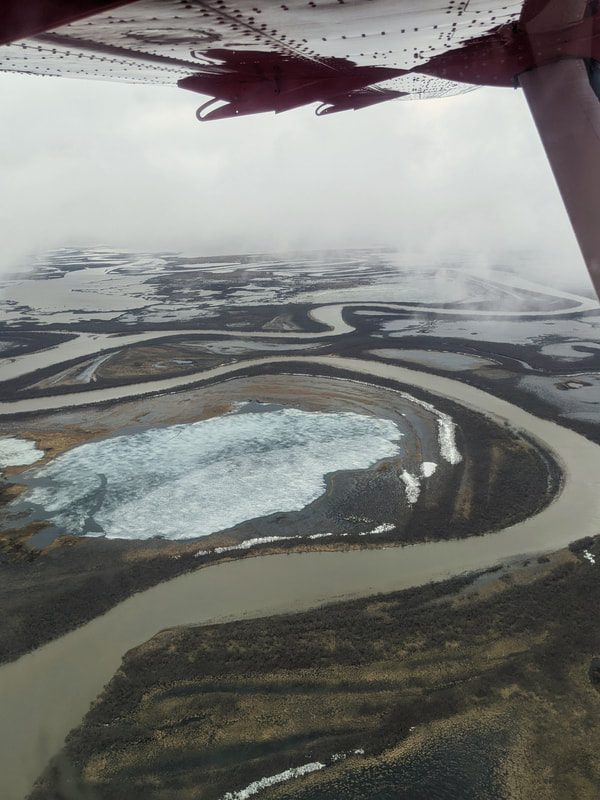
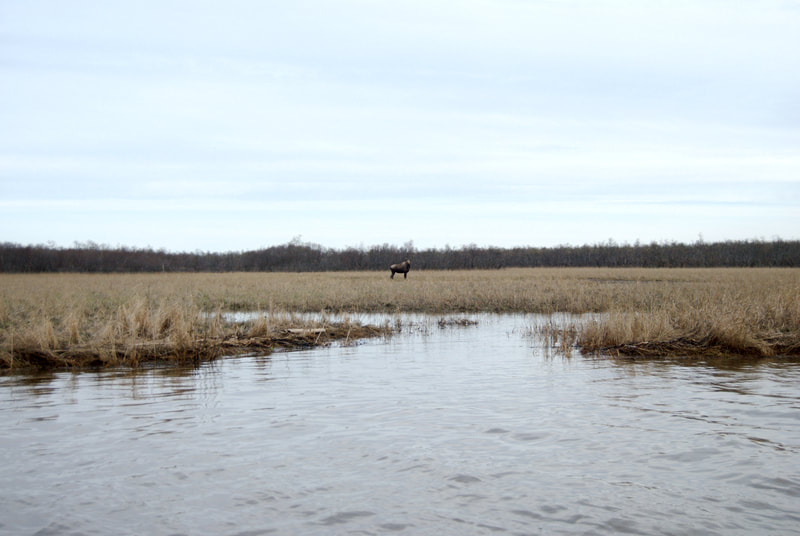
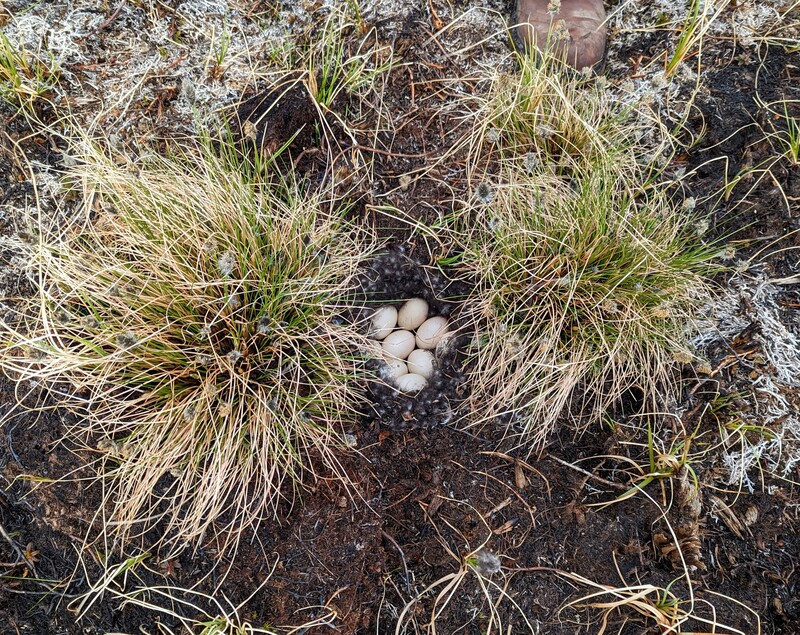
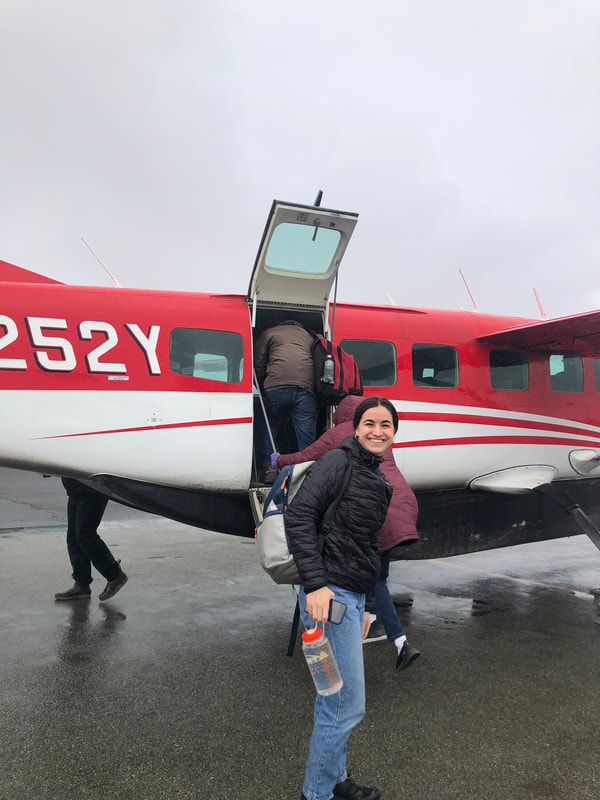
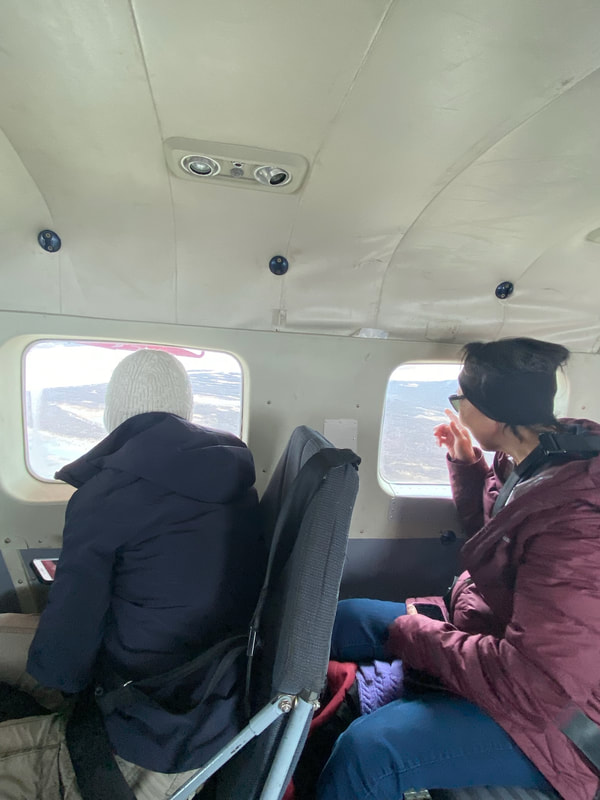
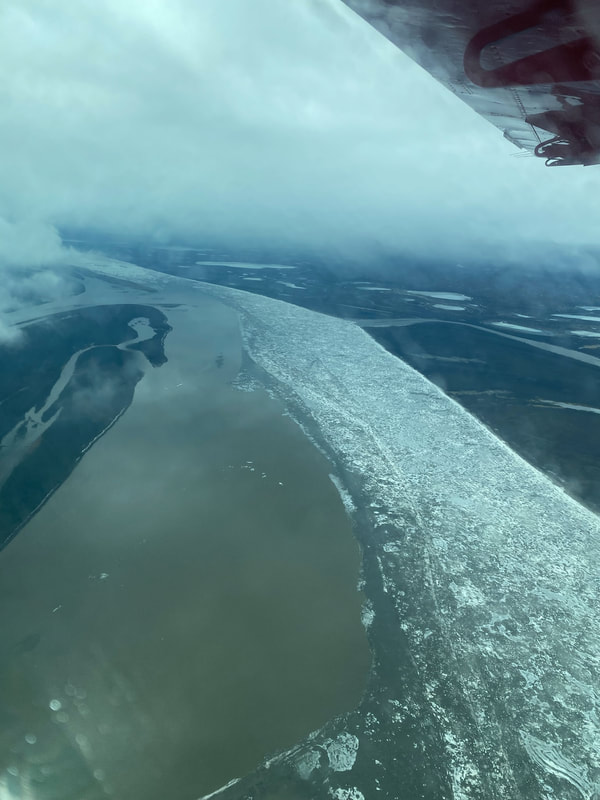
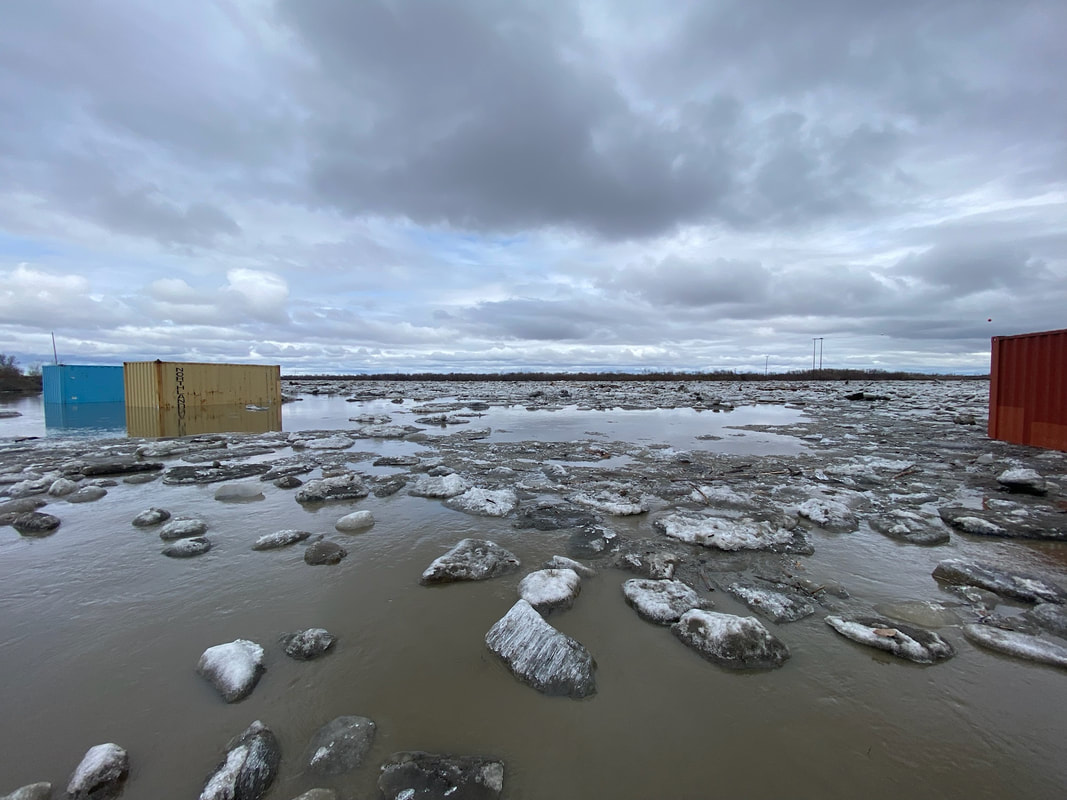
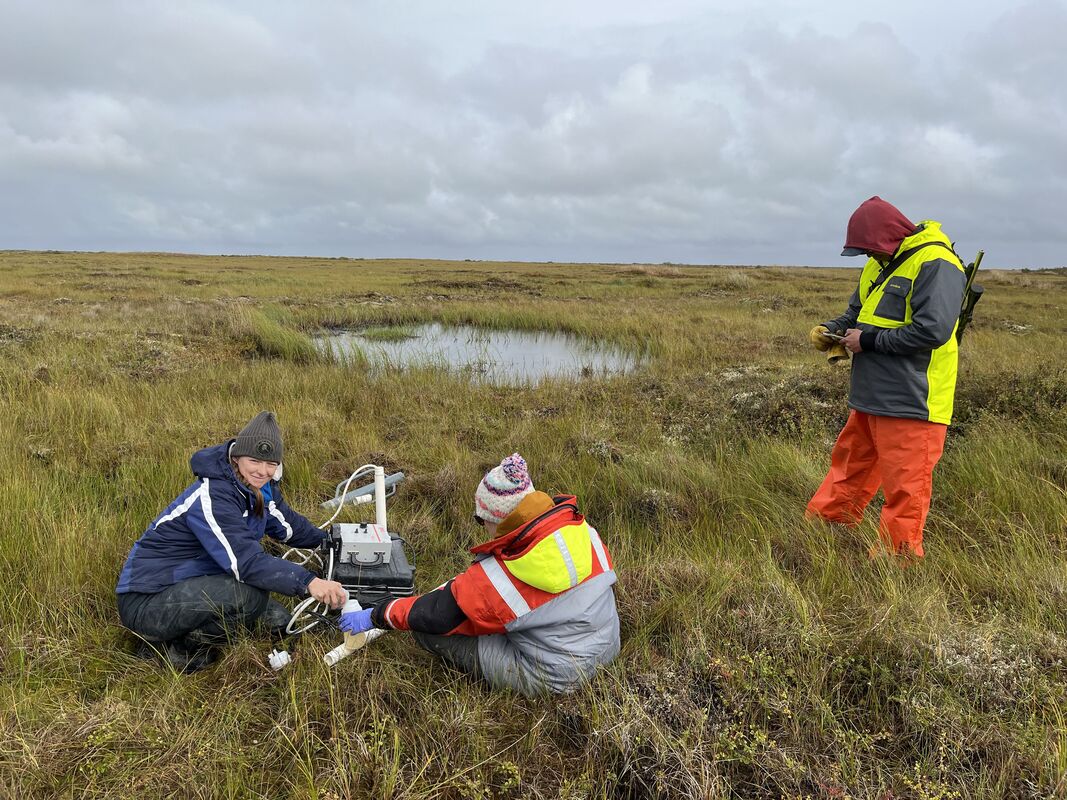
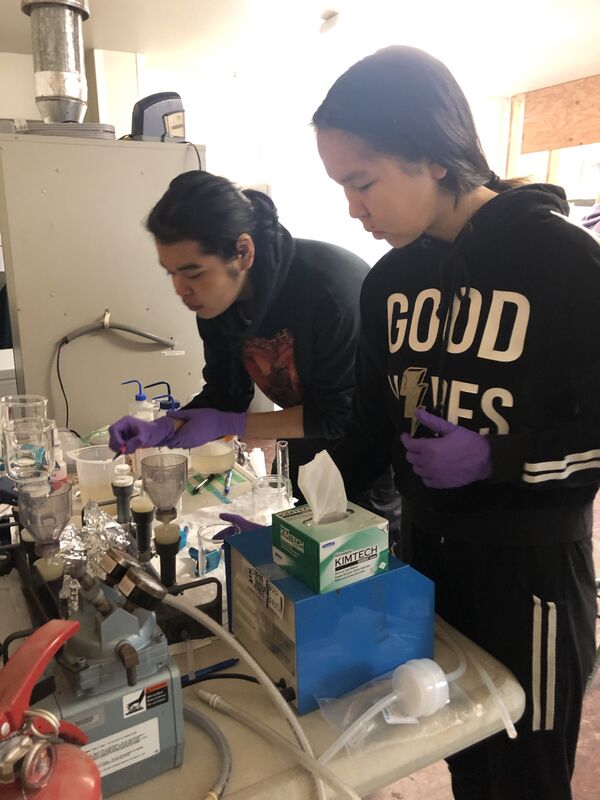
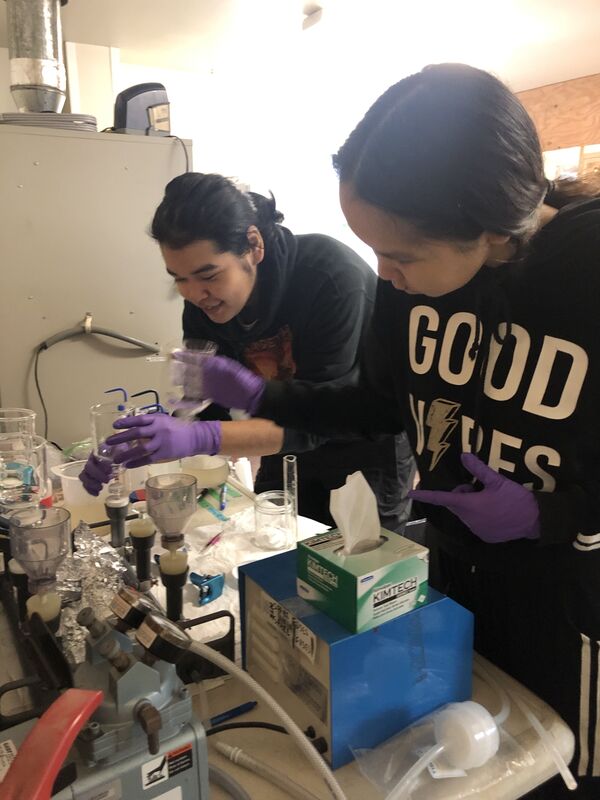
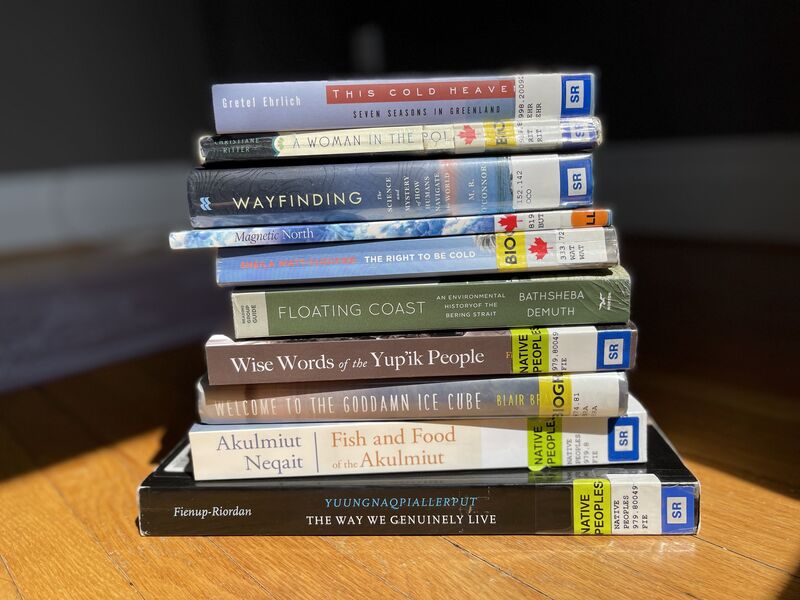
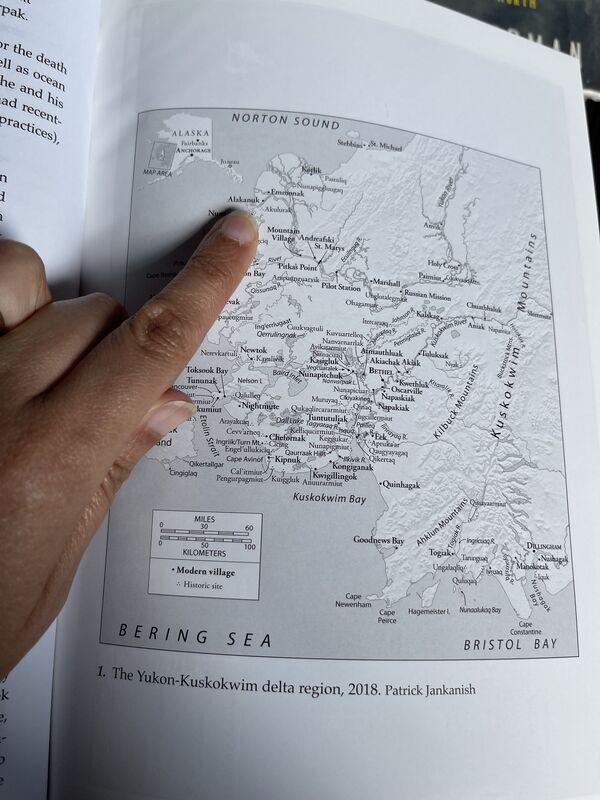
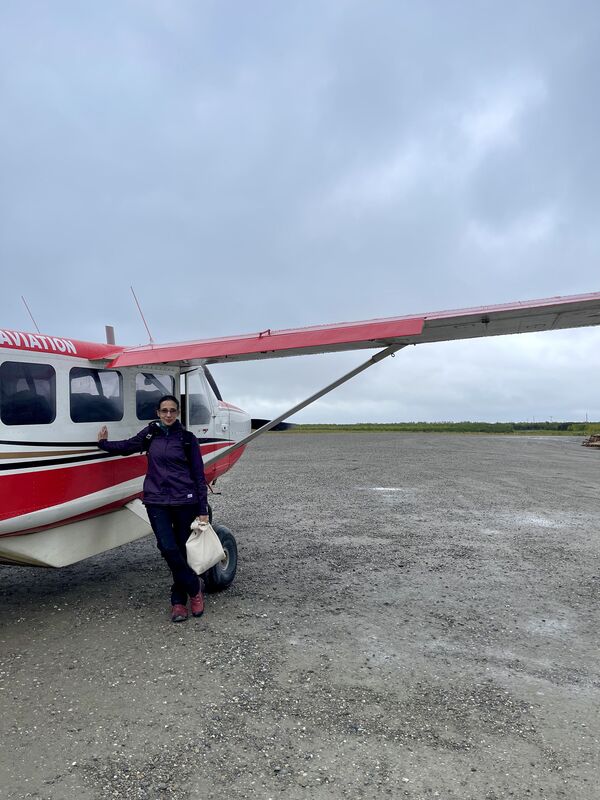
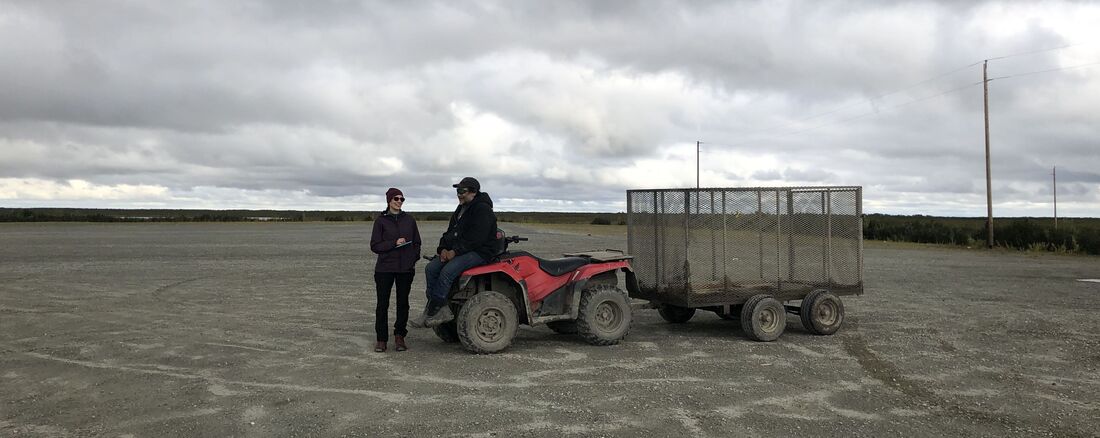
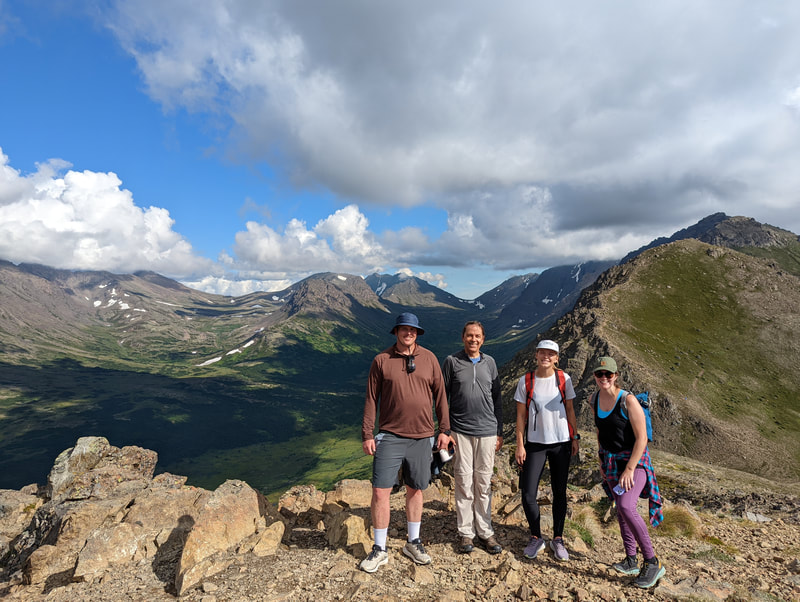
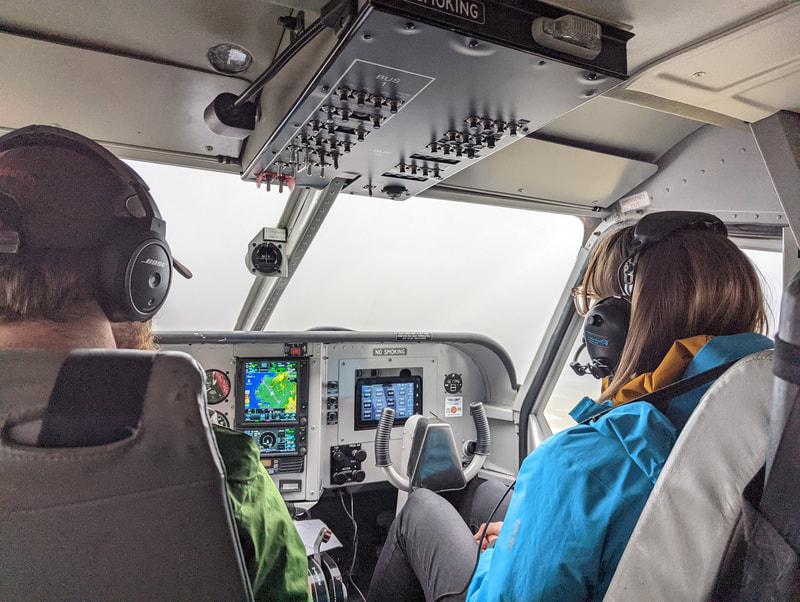
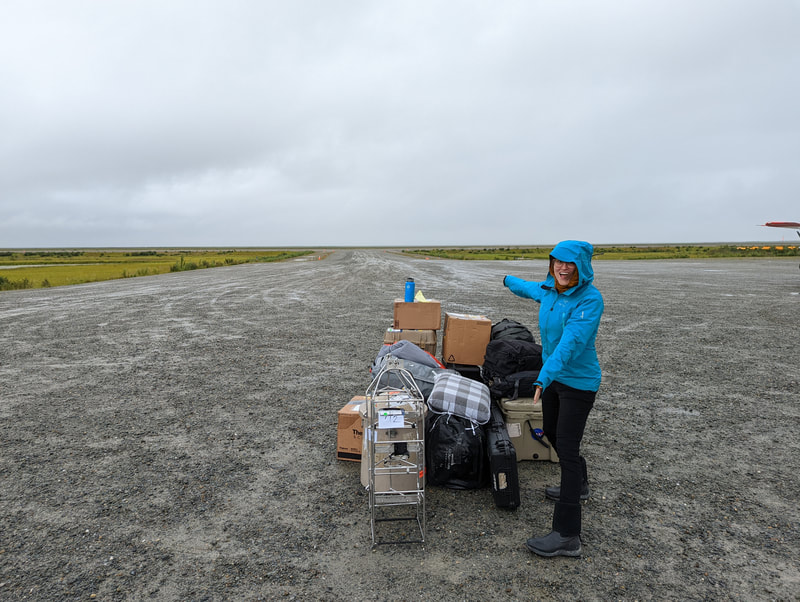
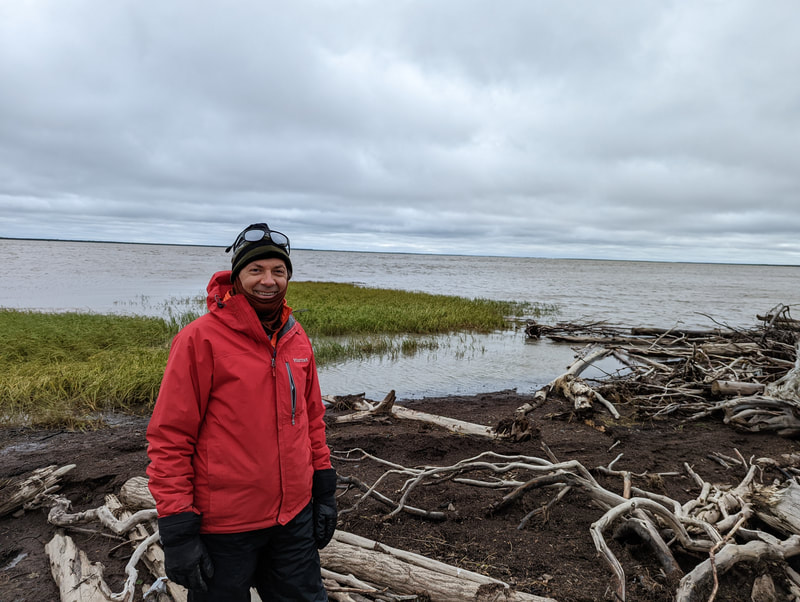
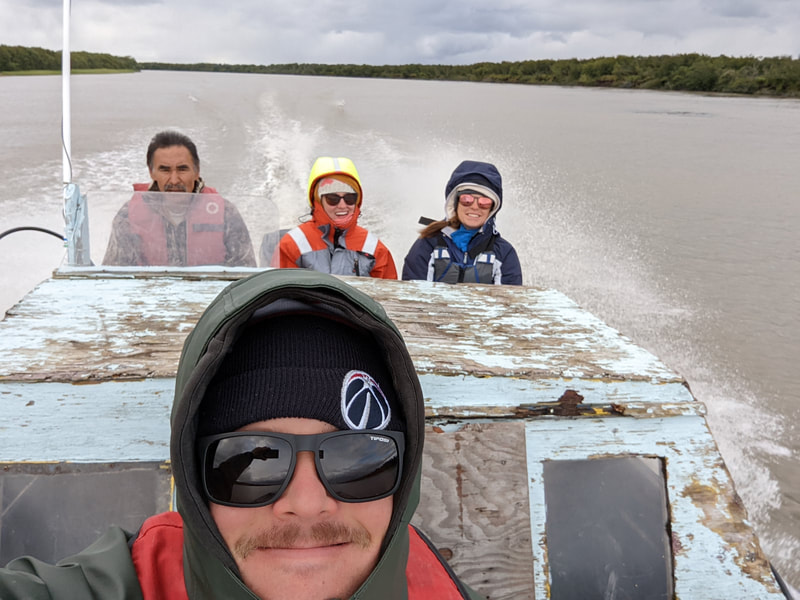
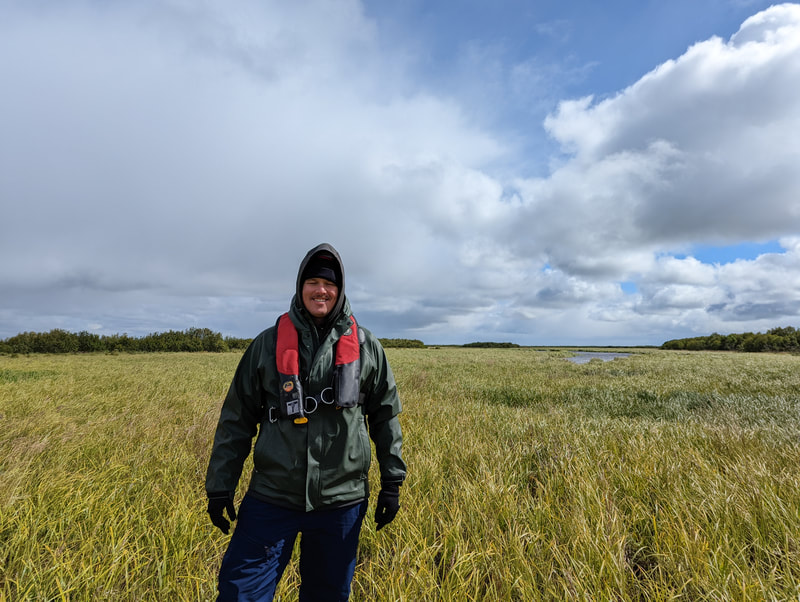
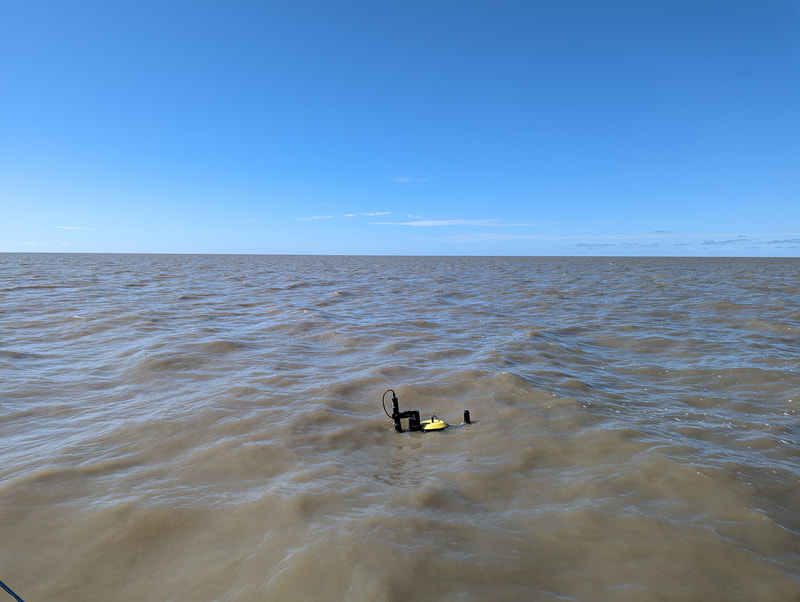
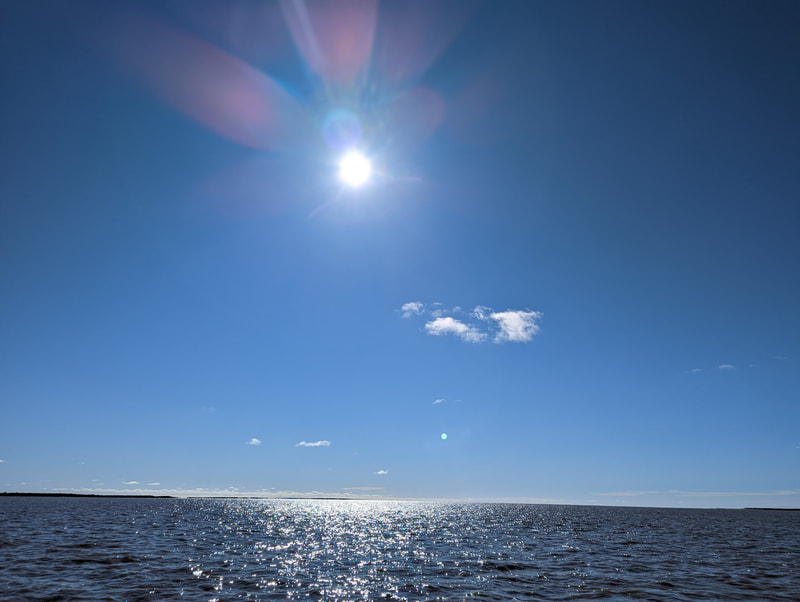
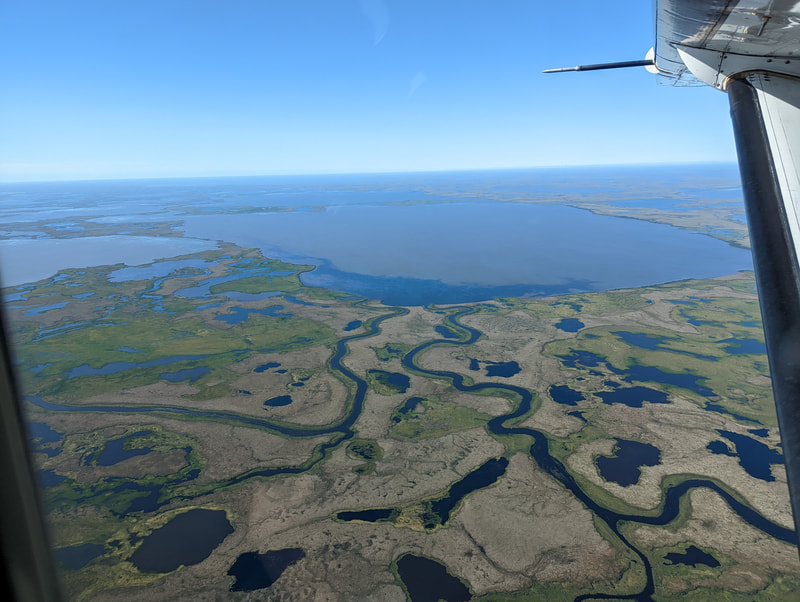
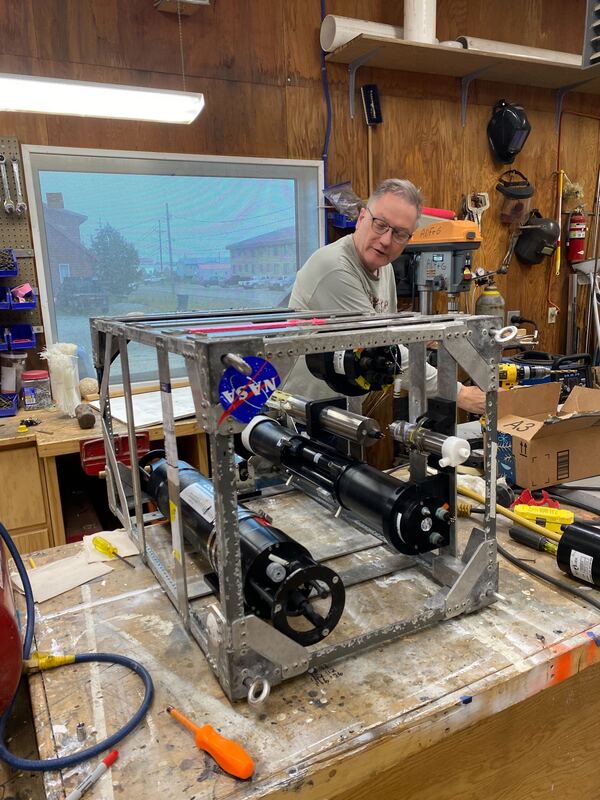
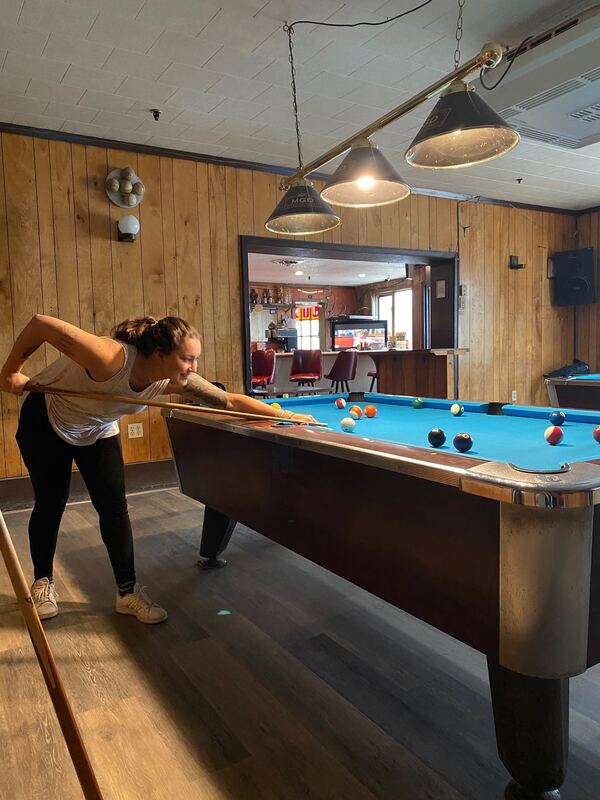
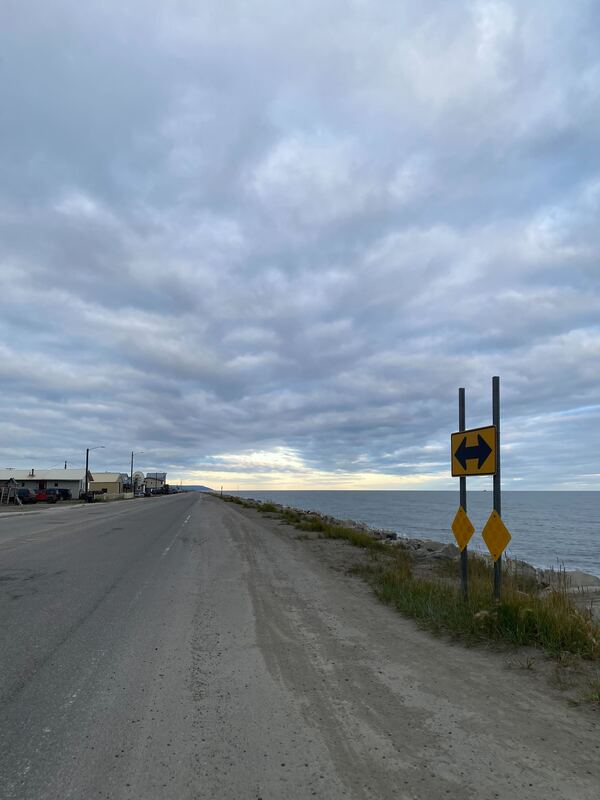
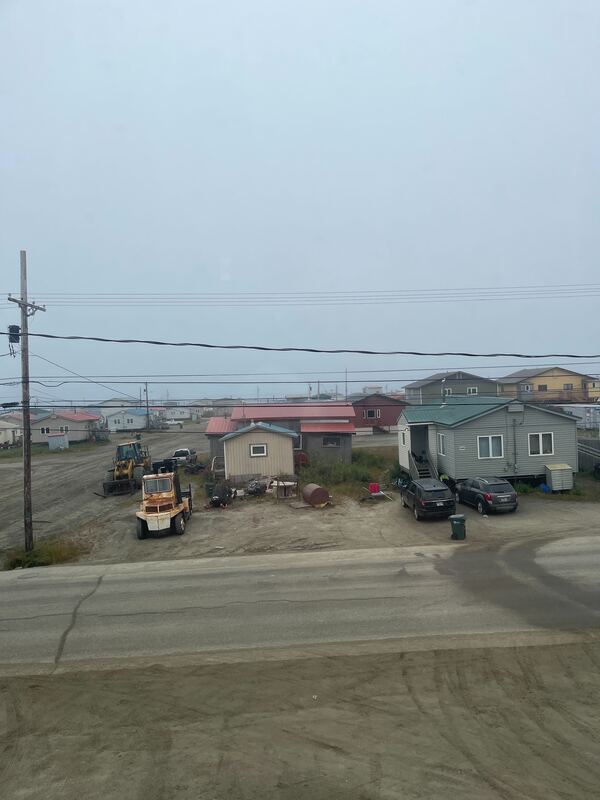
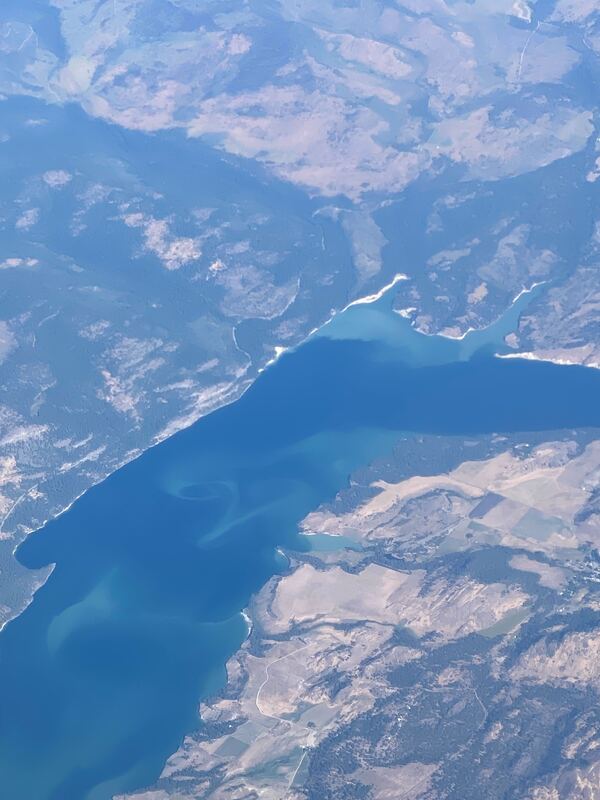
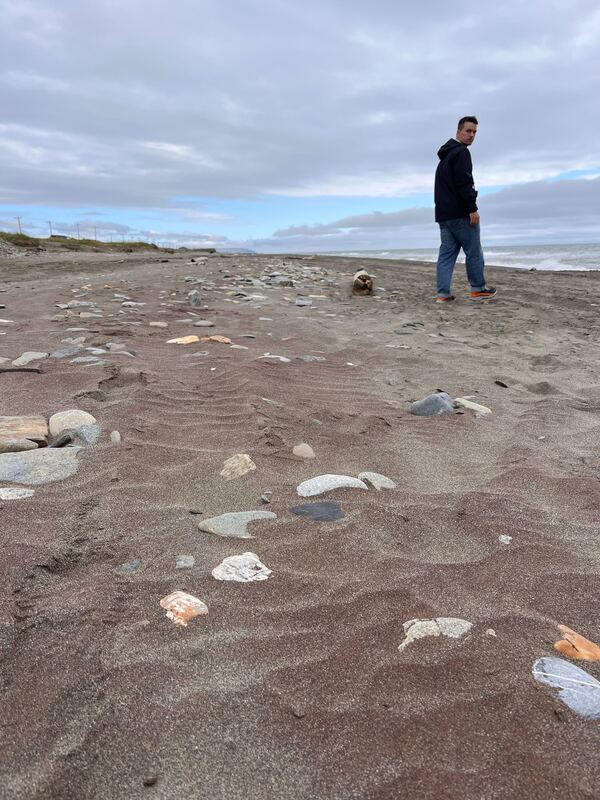
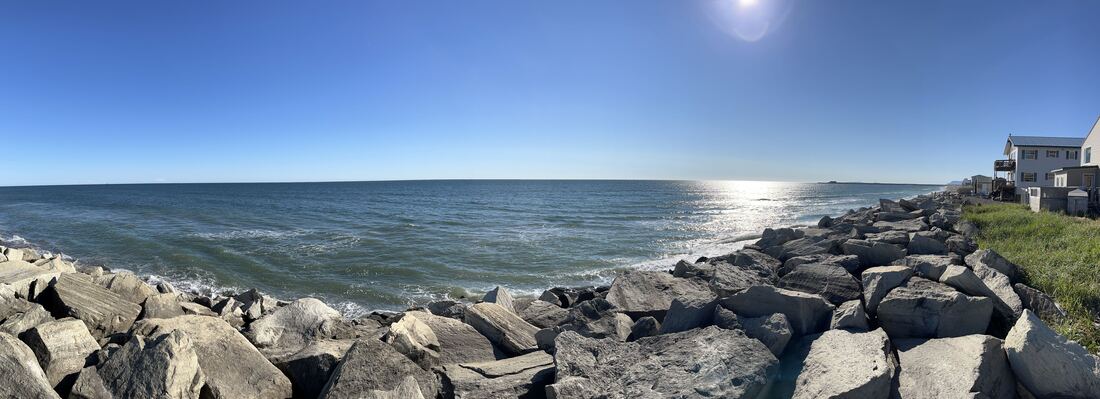
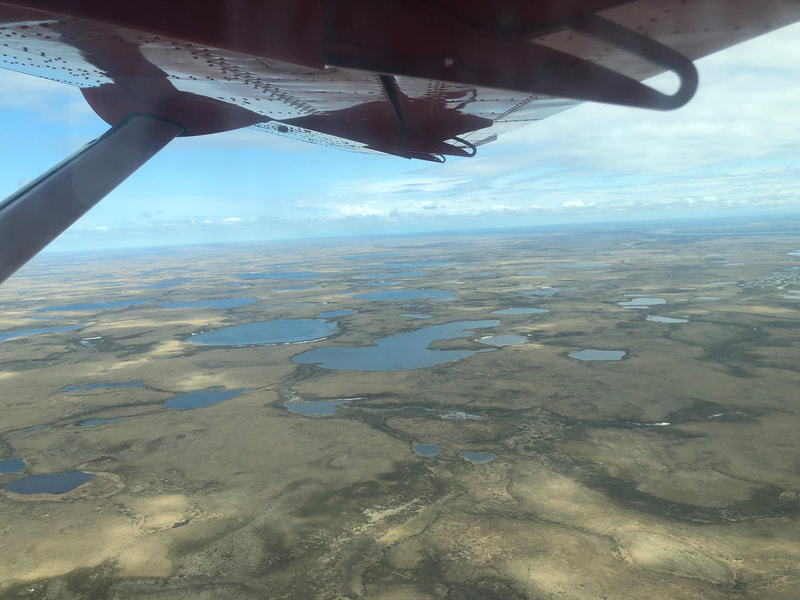

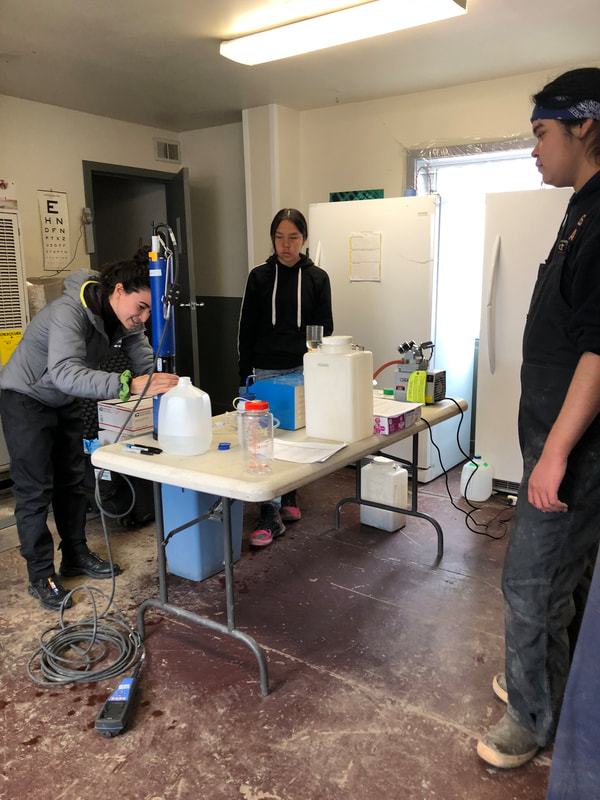
 RSS Feed
RSS Feed